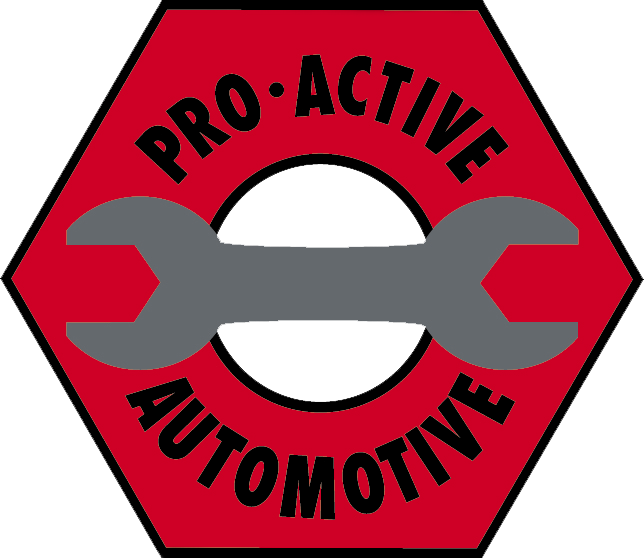A common question that we hear these days is “Is there a benefit to using premium gasoline over regular gasoline?” I have my own personal opinions and practices regarding this based on what I see when I have an engine apart and also what I have learned about gasoline over the past two and a half decades.
Before writing this article, I did more research to make sure that I was passing on the best available information and was happy to find there was support to many of my practices and the logic behind them but I learned a few new things too!
So… as far as Grade of gasoline or octane rating, the best advice is to use what the manufacturer recommends for your own particular vehicle. Using a higher octane rating (for example 91) in a vehicle that only requires a lower octane rating (87) will have no performance or economical gains – it will just cost more at the pump. However, using a lower octane gasoline on a vehicle that requires a higher octane rating will mean that the vehicle will not perform as good as it could and in some cases may even have some drivability issues.
The difference – the big thing here is the different additive packages that are put into the different grades of gasoline. You have probably heard the marketing – Esso Synergy, Shell V-Power Nitro… etc. These additives are designed to reduce deposit build-up which is the larger factor when it comes to drivability, loss of performance and a reduction in efficiency. They will also prevent corrosion and reduce engine component wear.
Since the mid 1990’s all grades of gasoline are required to have a minimal amount of additives to help keep engines running cleaner and more efficient. Many companies promote their premium gasoline with an even higher quality additive package.
What I have learned… in my research, I have learned a lot more about the Top Tier gasoline. 8 of the top automotive manufacturers have come together to support Top Tier gasoline saying there is a higher level of detergents and additives provided which will better maintain the original performance and efficiency the engine was designed for over an extended period of time.
Interesting fact – Licensed Top Tier gasoline retailers must apply their additives to all grades of gasoline the company sells whether its economy (low octane) or premium (high octane).
What I suggest – Use the proper octane rating of gasoline for your vehicle. You can find it in your vehicle’s Owner Manual. Source out the Top Tier gasoline providers (the internet can help you with this) and use them!
For those pesky deposits that the gasoline cannot take care of – we recommend a concentrated gasoline additive. At Pro-Active Automotive we call ours a “Minor Fuel Service” and we recommend that you do it on a fairly regular basis (every 2 or 3 oil changes).
If deposits have gotten out of control or nothing has been done for quite some time – then a “Major Fuel Service” may be in order.


